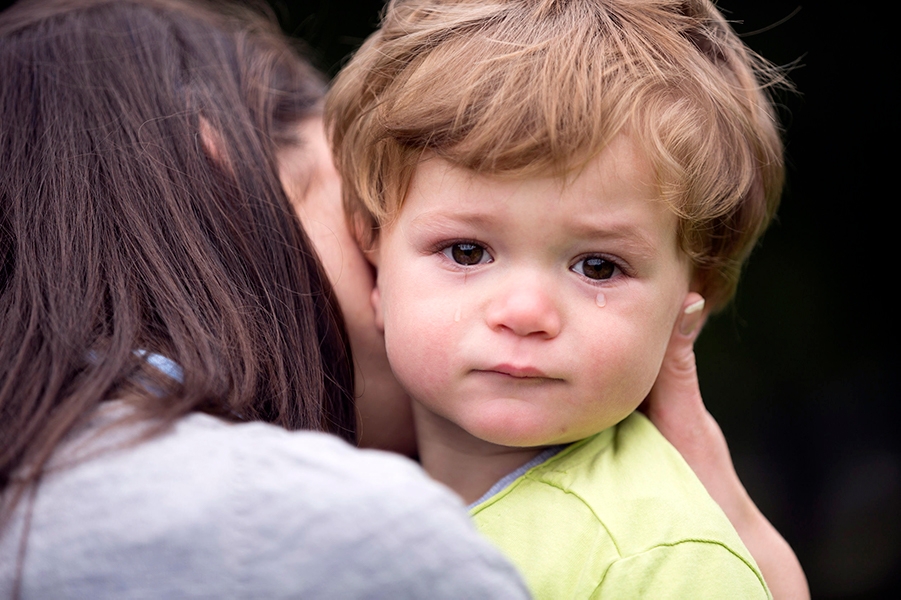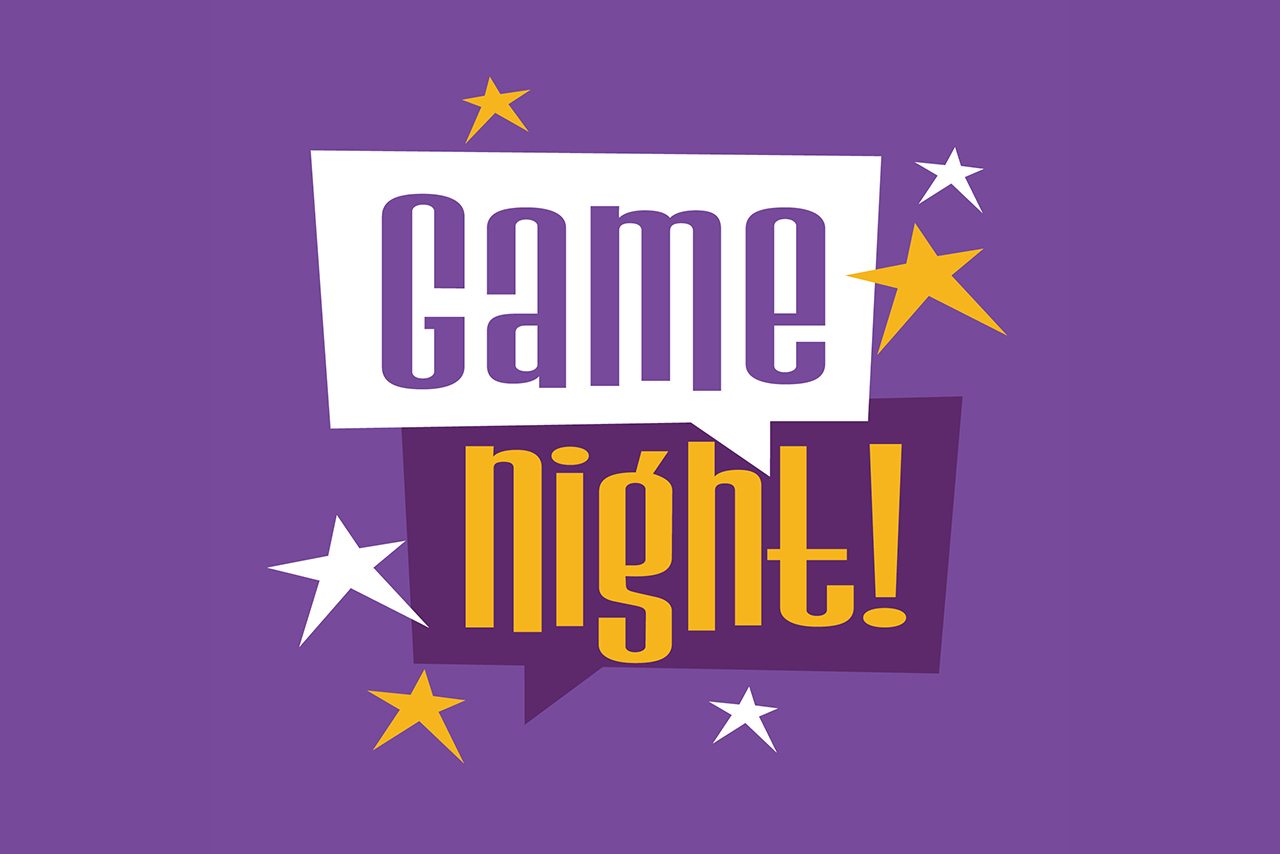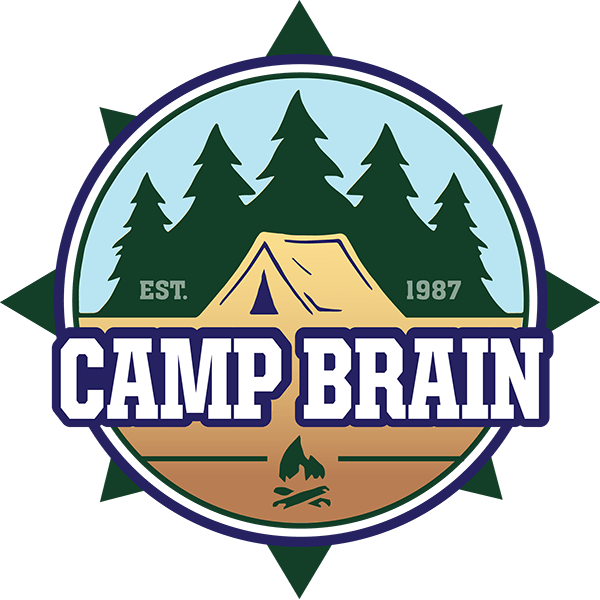Parenting And Brain Injury During A Pandemic
“You know your life has changed when going to the grocery store by yourself is a vacation.”
– Unknown
Even in the best of times, parenting is as tough as it is rewarding. During a pandemic, however, all rules go out the window.
Or do they?
You may have thought the additional time at home would mean you would have some much-needed time to read, paint, organize closets, get in shape, and most importantly, finally have precious time to spend with your kids.
However, for many, being in close quarters with loved ones for countless hours has driven stress levels through the roof. Add a brain injury on top of it all, and it’s all too easy to lose your cool, whether you’re a parent or a child, when unrealistic expectations mix with anxiety, confusion, and isolation.
Now more than ever, it’s important for you as a parent to be the adult in the relationship as you make sure your kids feel safe, allow plenty of times for dependable structured play, validate feelings of anger, share reliable facts, and reduce screen time (good luck with that one)!
Leann Sanders has a teenage daughter, and although there have been relatively few explosions, Leann has been giving her more latitude than normal. “I’d be lying if I didn’t say it’s been pretty stressful. Bedtime is a suggestion at this point,” she admits. “At first, I was surprised to hear her on the phone with her friends at 2:00 a.m., but after talking to other moms, I came around to this being the new normal, as long as she got her sleep sometime. Without sleep, everything is more difficult.”
Parents of kids with brain injury share concerns like Leann’s, but face additional challenges as well. Depending upon their child’s stage of recovery, they may already be dealing with cognitive deficits, as well as issues with communication and academic performance.
Mattie Cummins, LMSW, and former executive director of the Brain Injury Alliance of Arizona (BIAAZ), has worked with survivors of brain injury and their families for nearly 20 years. She offers four strategies for families affected and non-affected by brain injury alike:
- Flexibility in routines is hard, but important. Some days you might have to find a way to be alright with not having a routine.
- Make sharing meals together a priority whenever possible. Having a place to just talk about “normal” family life events and activities helps during the harder times.
- Cut yourself, as well as your kids and family, some slack. In the middle of the chaos, it’s important to remember that everyone is struggling.
- Remember: This is temporary. It may feel overwhelming, but the current situation will end, and we will pick ourselves up and continue moving forward.
Dr. Bridget Seeley, a senior lecturer at Arizona State University’s Sanford School of Social and Family Dynamics and member of the BIAAZ 2020 Advisory Council, is also the mother of a boy with a history of brain injury.
She adopted Isaiah out of foster care when he was nine. He was born 12 weeks prematurely, weighed 2 lbs. 9 oz., and had Stage 4 brain bleeding on both sides of his brain, as well as further brain damage from physical abuse. Now 13, he has enjoyed developmental success and a higher IQ, due in large part to music through piano lessons, as well as tutoring.

Bridget Seeley, PhD
However, Bridget has noted that with all the goings-on of the pandemic, stress has intensified his symptoms, which affects her in turn. “There have been days I wake up and my brain and body are telling me nope,” she says. “I am so mentally exhausted I cannot see straight. It is a level of tired that I feel at the cellular level.”
Despite having to work harder and more frequently to manage her own concerns and stress in our COVID-19-impacted world, Dr. Seeley is quick to add the upside of spending so much time with Isaiah. “I have been able to really see how far he has come since his brain injury nine years ago. Oh my gosh, he is so much stronger and amazing than I even knew!” she marvels. “He understands and does things I honestly did not know because I never had the chance to see that part of him. I am so proud of him.”
She has also had more of a chance to notice when he is struggling. “I can recognize the tiny differences in his behavior when he is having an aggressive and violent episode that help me identify what he needs and is desperately trying to communicate,” she shares.
“It’s like the way an infant has different cries if they are tired, hungry, or need a diaper change. I can now tell by my son’s level of aggression and where he targets it if he is hungry, tired, sad, scared, frustrated, or in pain,” says Bridget.
“I could not do this pre-COVID and struggled to help him. Now I understand him better and am a better mom and advocate for it.”
On the other side of the equation, when the parent is the survivor of a brain injury, there are a host of other factors to consider.
Sunshine experienced several concussions throughout her abusive childhood and young adulthood. Her son is also special needs with a traumatic brain injury (TBI) from a car accident they were both in.
“I lack the energy and am always in pain. This stops me from running, jumping, and doing fun things that children do,” Sunshine admits. “Some days I can’t hold focus enough to hold deep conversations with anyone. I get so frustrated assisting my own child with his frustrations; it’s like a double whammy.”
Although practicing Transcendental Meditation every day is helpful for Sunshine, inner peace during a pandemic still doesn’t come easily.
“I have already had some major challenges. No matter how I teach him about Covid-19, he just doesn’t really seem to grasp it,” she acknowledges. “He just somehow can’t accept that we can’t go to clinics for therapy, doctors’ offices, or even to the park to play with other children. He asks why not? I tell him it’s only this way for a little while, not forever. He does better with that answer.”
Sunshine takes her son’s frustration in stride. “Being creative and having a sense of humor are really good things to keep intact,” she says. “My son’s favorite joke is, ‘I have a bad seaweed joke to tell you— I can’t kelp myself.’” She urges parents to take at least five minutes for themselves, go outside as much as possible, and speak with someone they trust.
BIAAZ Executive Director Carrie Collins-Fadell believes that last part is key. “Nobody needs to feel alone. Not to sound cliché, but we are all in this together. This is new territory for everybody,” she reminds. “Fortunately, BIAAZ is available to help survivors of brain injury and their families find the resources they need to get through these difficult times. And our services are free, so nobody should be reluctant to reach out for help.”
Sunshine thinks it’s more important than ever to be emotionally available as well. “I have a responsibility and duty to show my son this is how we do it; this is how we survive and thrive. I have the honor of teaching him how to navigate life on life’s terms, and that it’s acceptable to have ups and downs; it’s what we do with them that really counts.”
ABOUT BRAIN INJURY ALLIANCE OF ARIZONA
The Brain Injury Alliance of Arizona (BIAAZ) is the only statewide nonprofit organization dedicated to improving the lives of adults and children with all types of brain injuries through prevention, advocacy, awareness, and education. BIAAZ also houses the Arizona Brain Health Resource Center, a collection of educational information and neuro-specific resources for brain injury survivors, caregivers, family members, and professionals.
What began in 1983 as a grassroots effort has grown into a strong statewide presence, providing valuable life-long resources and community support for individuals with all types of brain trauma at no charge.
The Brain Injury Alliance of Arizona:
- Works with the Congressional Brain Injury Task Force
- Houses Arizona Brain Health Resource Center
- Hosts the Statewide Opioid Use Disorder & Cognitive Impairment Workgroup
- Deploys a Statewide Opioid Use Disorder & Cognitive Impairment Response Team with peer support, training and family wraparound services
- Facilitates the Brain Health Advisory Council
- Manages a Statewide Neuro Info-Line 888-500-9165






